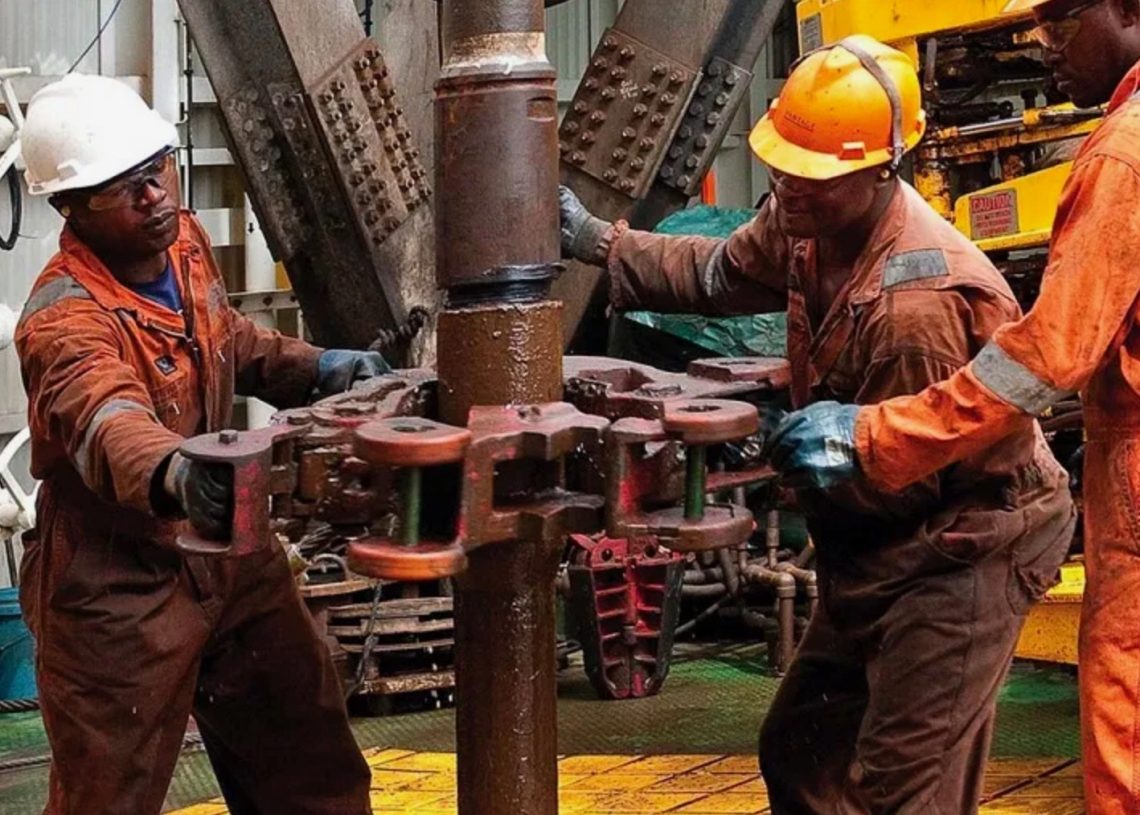EXCITING NEWS: TNG WhatsApp Channel is LIVE…
Subscribe for FREE to get LIVE NEWS UPDATE. Click here to subscribe!
The Oil and Gas sector has remained the mainstay of the Nigerian economy despite Government’s best efforts at diversification into Agriculture and Mining in order to manage volatility and provide a more stable path for equitable growth and development.
In 2022, Nigerians experienced the results of a supply shock with a tight oil supply and supply disruptions that drove prices as high as N300 per liter in some parts of the country and forced food inflation to soar to 23.7 per cent as of October.
Nigeria failed to benefit from higher crude oil prices witnessed this year in the global oil market in the wake of Russia’s invasion of Ukraine which not only caused a global disruption in the oil and gas supply but also affected every economic activity reliant on hydrocarbons.
Crude oil prices skyrocketed from $74.1 per barrel in January and peaked at $123.7 per barrel in June, according to Statista.
Oil production has been on the decline since mid-2020, reflecting low investment and significant leakages associated with poor maintenance and theft.
Here are the four most outstanding revelations that shook the Nigerian oil sector in 2022:
- Importation of substandard fuel: The Nigerian National Petroleum Company Limited (NNPCL) said it received a report from its quality inspector on 20th January 2022, confirming the presence of emulsion particles in Premium Motor Spirit (PMS) cargoes shipped to Nigeria from Antwerp-Belgium. This resulted in a supply disruption and created long fuel queues that characterised the rest of the year.
- Drop in Gross Domestic Product (GDP) contribution to the Nigerian economy: According to the latest GDP figures released by the National Bureau of Statistics (NBS), the contribution of the oil sector to the economy fell from 6.33 percent in the second quarter of 2022 to 5.66 per cent in the third quarter. Figures recorded in the corresponding period of 2021 showed that the sector contributed 7.49 percent to GDP.
- Over 700, 000 barrels of crude stolen per day: Nigeria’s Minister of State for Petroleum Resources Timipre Sylva, disclosed that the country loses at least 700, 000 barrels of crude per day. In October, an intercepted vessel, MT Deima with International Maritime Organisation Number: 7210525 was later set on fire by Nigerian security agents, amidst calls for a probe.
- Nigeria unable to meet OPEC quota: The country’s crude oil production which hovers around 900, 000 barrels per day falls far short of the quota of 1.826 million barrels per day quota approved by the Organisation of Petroleum Exporting Countries (OPEC), a trend which industry analysts describe as a fiscal time bomb. Pipeline vandalism, lack of investment in the sector, operational and maintenance issues have been identified as some of the factors responsible for the decline in crude oil production.








